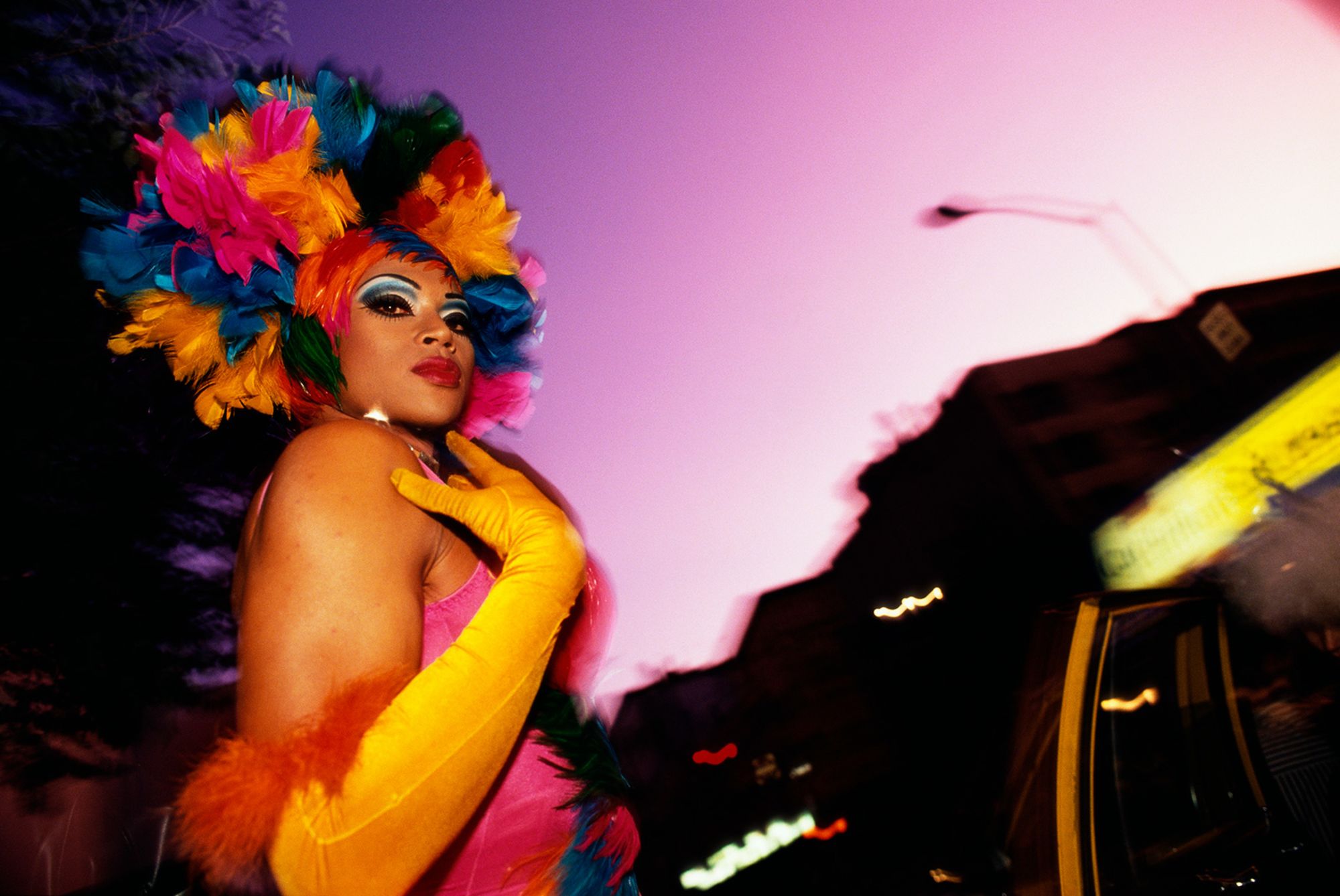Editor’s Note: This piece was originally reported and published in 2023 and was slightly updated in June 2024.
To many, the stereotypical image of a drag queen is one of a gay man dressed in exaggerated feminine getup, oversized wigs and heavy makeup. But drag’s image — and history — is far more complex.
Drag is a grand dame in a glittering gown, commanding the stage with a power ballad or disco classic. Drag is also an underground performer twirling onstage to Madonna’s “Papa Don’t Preach.”
It’s the glitzy cast of “RuPaul’s Drag Race: All Stars” and small-town performers with dedicated local followings. It’s a queen named Meatball dressed as a ghoulish exaggeration of George Santos, singing the “Greatest Showman” anthem “This is Me,” and a king named Mo B. Dick in a firetruck-red pompadour and drawn-on goatee. It’s cisgender and trans men, trans and cis women and nonbinary people. Its performers are gay and straight. It’s masculine and feminine; it’s neither or both.
“Drag is the theatrical exaggeration of gender,” said Joe E. Jeffreys, a drag historian and adjunct instructor at New York University, who noted that the artform constantly subverts “what people think they know about gender.”
At its core, drag is an art form that for over a century has affirmed and uplifted LGBTQ people who perform and enjoy it. But it has rankled conservative lawmakers since at least the 19th century, when the first recorded attempts to restrict drag were made.
Anti-drag sentiment ballooned in 2022, when some US states began introducing legislative measures that would impact where and when drag can be performed. Most of those efforts failed, but they have fueled harmful rhetoric around drag performers and the art form itself.
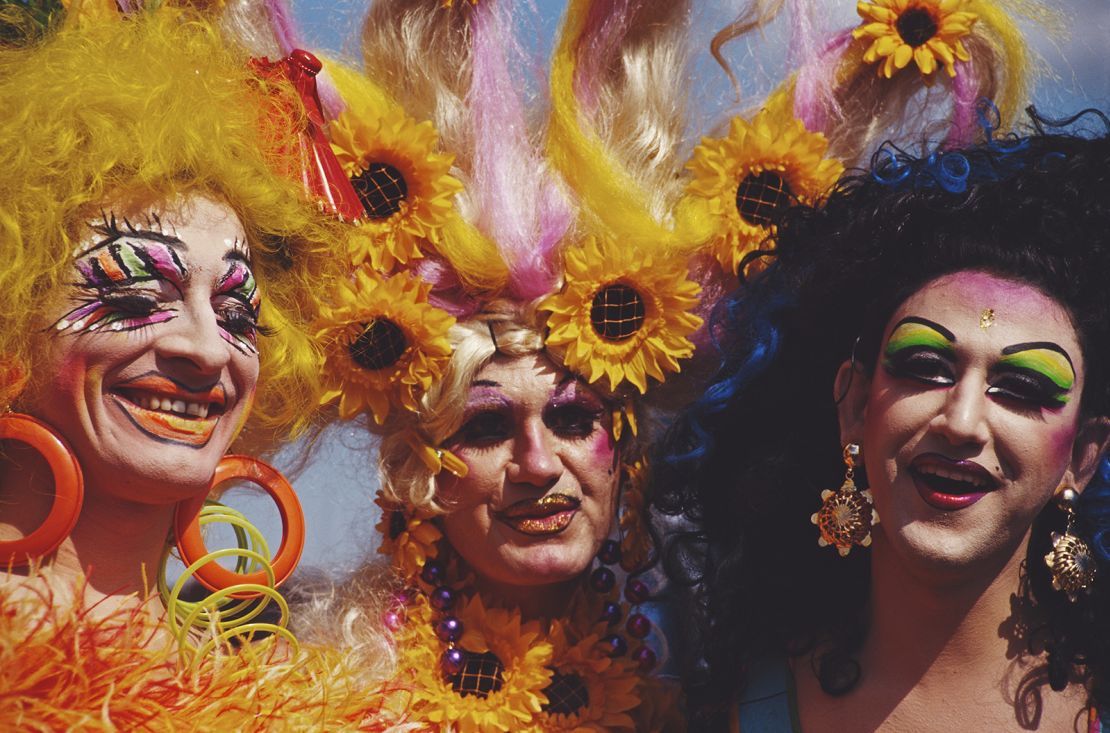
Drag has become increasingly visible in recent years through mainstream shows like “RuPaul’s Drag Race” and popular public events such as drag brunches, drag bingo and drag queen story hours, in which drag performers read children’s books to young audiences, often at libraries.
The art form probes and questions gender and social norms, provoking audiences to do the same — and that is “inherently political,” Jeffreys said.
LGBTQ historians and performers say drag will endure in spite of any fearmongering and hate. Survival, they say, is baked into the art form’s long, defiant legacy.
The first ‘queen of drag’ was a formerly enslaved person
Drag is likely as old as gender norms — it’s a “part of the human condition,” said Larry La Fountain-Stokes, a professor and chair of American culture at the University of Michigan in Ann Arbor who also performs in drag under the name Lola von Miramar.
“As long as people have been using clothes or marking gender in different ways, you’ve had people transgressing and challenging those conventions,” he said in a phone interview.
New York’s Harlem neighborhood is thought by many to be the birthplace of drag balls in the 1860s. There, Black queer and trans residents donned dresses and wigs to perform in a safe, creative environment. (One theory about the origin of the term “drag” is that it referenced the way gowns “dragged” across the floor; another is that it derived from Polari, a slang-y language used frequently by queer British men, Jeffreys said.)
One of the first known people to call themselves a “queen of drag” was William Dorsey Swann. A formerly enslaved man, Swann in 1882 began hosting guests, many of them former slaves, for drag dances at his Washington, DC home.
When Swann confronted police in a cream satin gown after they raided one of his parties in 1888, he was arrested and charged with “being a suspicious character.” He was arrested several more times throughout his life after protecting queer friends during raids, according to Channing Gerard Joseph, an LGBTQ historian and Princeton University instructor who has said he’s the first academic to highlight Swann’s contributions to drag history.
Swann’s drag dances and subsequent arrests were some of the first recorded acts of resistance in the burgeoning queer liberation movement in America, in which drag has played an essential role for more than 100 years, said Nino Testa, an associate professor of professional practice in women and gender studies at Texas Christian University in Fort Worth.
“The pleasure was the resistance,” Testa said in a phone interview. “The celebration of queer joy when it’s been denied in all these other spaces is activism.”
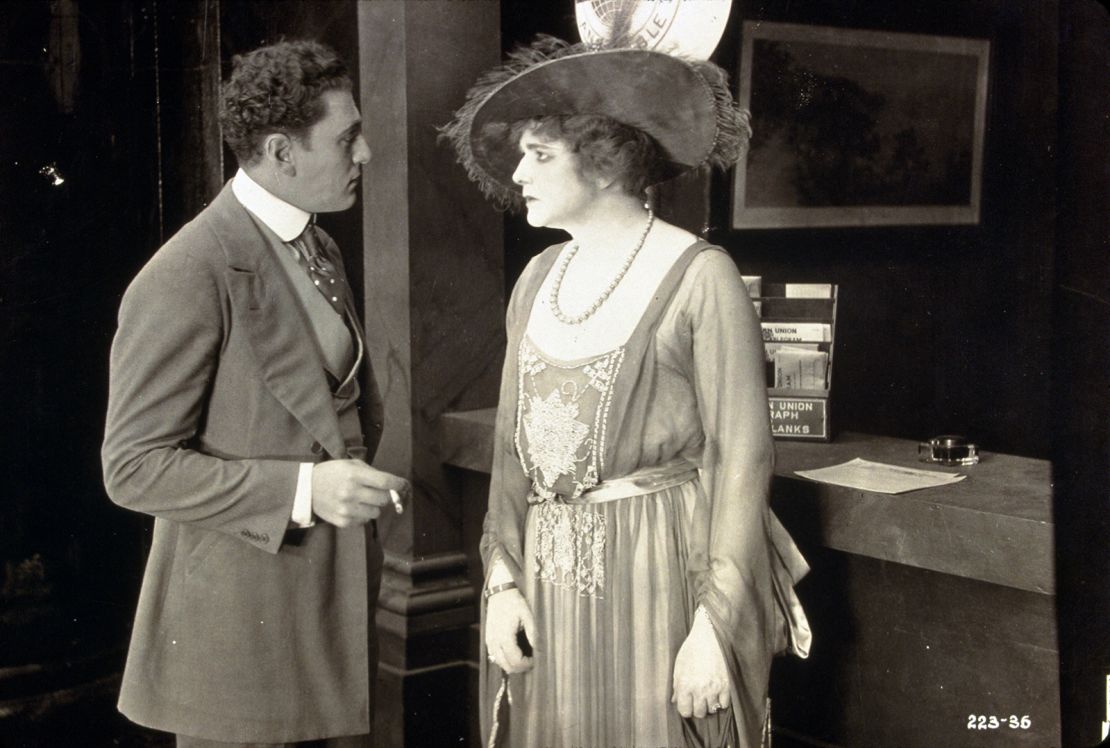
Drag performers were often stars of the vaudeville scene of the early 20th century, Jeffreys said. “Female impersonator” Julian Eltinge was a particularly popular performer who published a magazine and launched his own makeup line, Jeffreys said. Those who perform exaggerated forms of masculinity, now often referred to as drag kings, also commanded stages across the US, proving masculinity could be prodded as much as femininity.
The term “homosexuality” came into greater circulation in the ’30s, Jeffreys said, as did “pansy acts” — hyper-feminine queens whose routines included innuendos about same-sex desire. And even though the ’50s were a “dark period” for queer and trans people, Jeffreys said, some drag acts like the Jewel Box Revue found national success and catered to mainstream audiences.
Drag queens have long been leaders in the queer liberation movement
Even after the counterculture movement took over the ’60s and sizable LGBTQ communities were forming in major cities, dressing in drag in public could still be dangerous. Police regularly raided gay bars in the US — until the late ‘60s, Jeffreys said, it was illegal for bars in New York to serve a drink to a “known homosexual.”
Despite the pervasive danger of living authentically, drag performers in this era also experimented with the traditional drag format. Queens founded their own drag houses — and chosen families in the process; for many Black and Latino queer and trans people this was a reaction to the racism they faced within the gay pageant scene. This was also the era when lip syncing became the norm, Jeffreys said, and drag became less binary – “genderf**k” drag was used to describe some performers who weren’t easily defined as masculine or feminine.
Offstage, many queens led collective efforts to aid queer and trans people. When the AIDS crisis worsened in the ’80s, groups like the Sisters of Perpetual Indulgence in San Francisco raised money to house AIDS patients and pay for their health care. Others gladly hosted events or lent their talents to fundraising efforts.
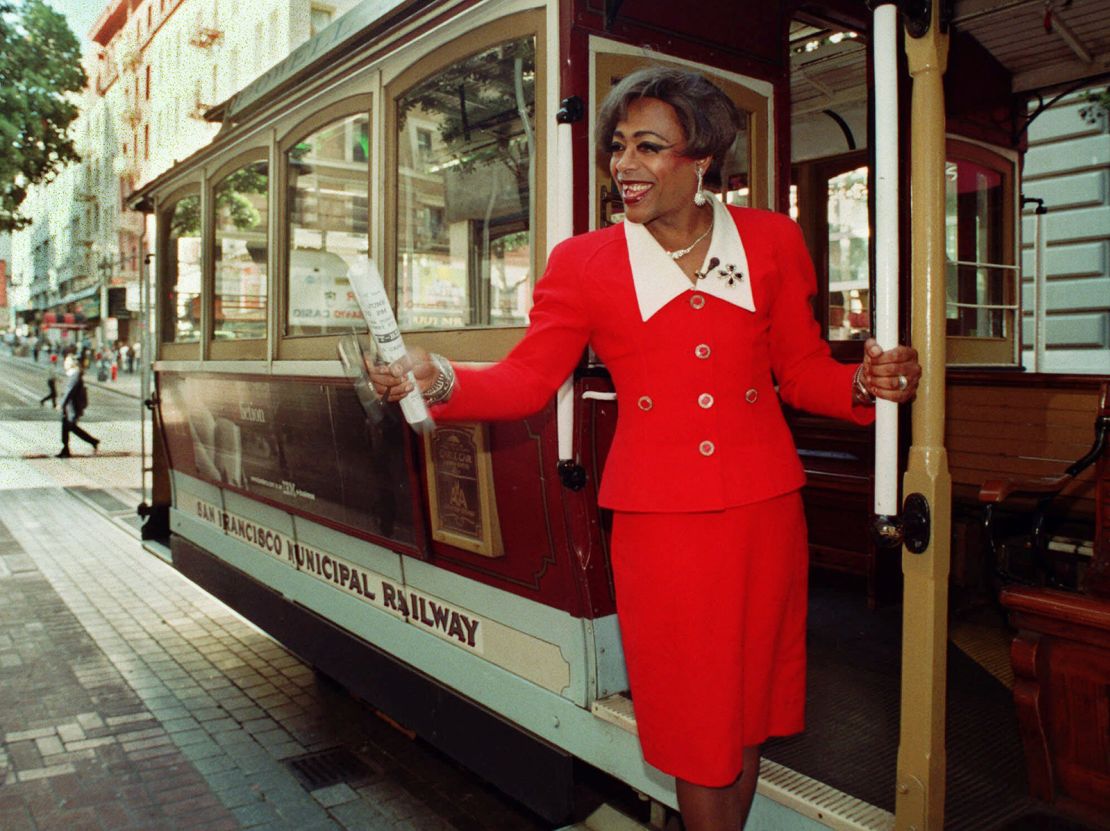
“We had to get out on the street and save our own lives,” said Joan Jett Blakk, a drag queen who ran for US president in 1992.
Blakk, then an advocate with AIDS grassroots organization Act Up and political group Queer Nation, never ran to win — she wanted to do “something different with drag and tie activism in,” she said in a phone conversation.
“It’s great to think that you made a little dent in history,” Blakk said. “But I’m surprised we have to get back out in the streets again and keep going.”
How trans performers contributed to drag history
Trans drag performers have played a key role throughout the history of the art form — “you can’t tell the story of drag without trans people,” Testa said.
As drag grew in popularity in the ’60s and beyond, many trans women found themselves performing because rampant transphobia and homophobia made it difficult to find other work. Drag was often a form of financial survival, said Testa.
Devin Antheus, who coauthored the photo book “Legends of Drag” with Harry James Hanson, said many of the queens he and Hanson photographed and interviewed began performing in the ’60s and ‘70s, before terms like “trans” came into popular use.
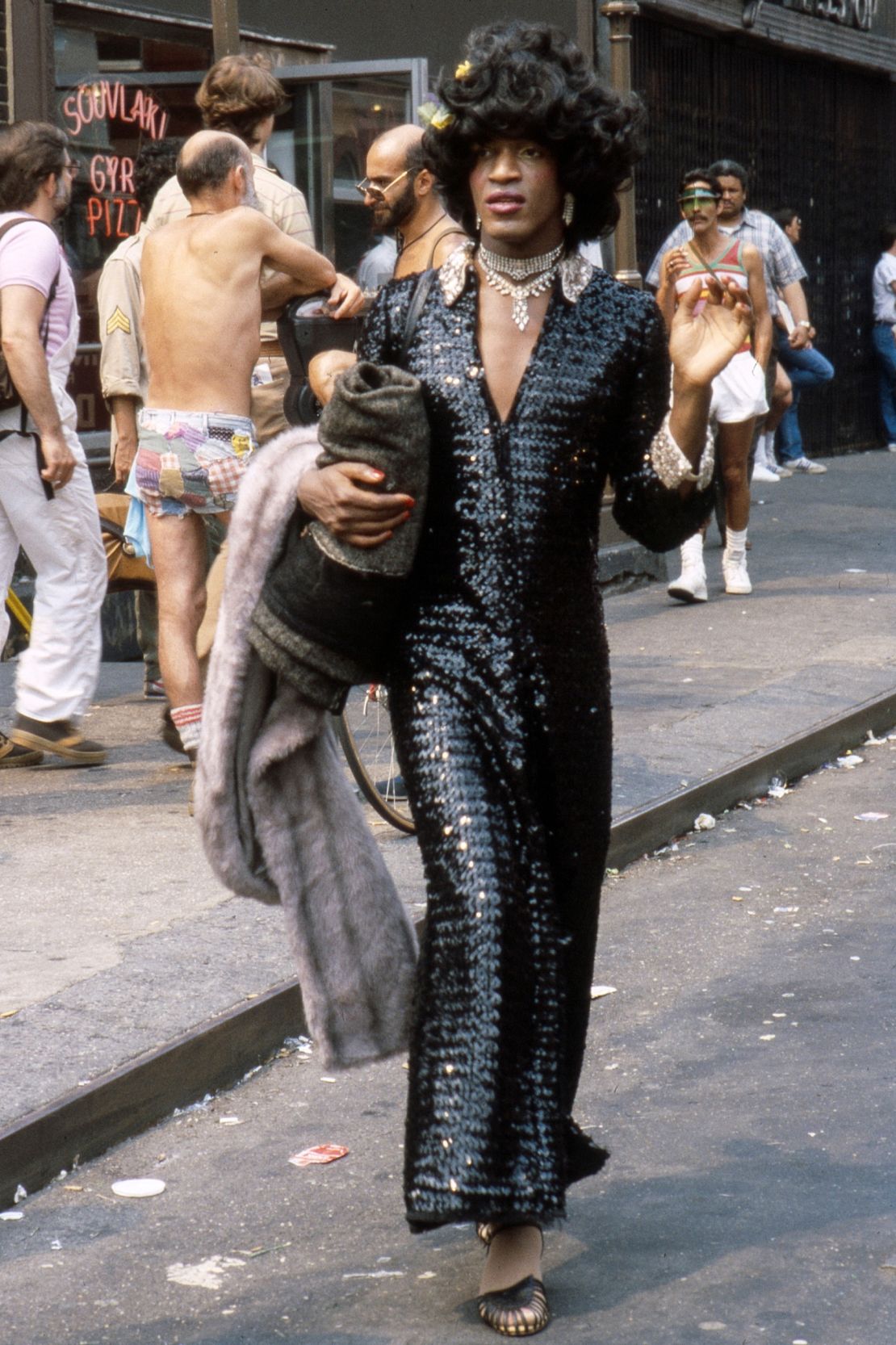
Sylvia Rivera and Marsha P. Johnson, two trans women of color best known for participating in the 1969 Stonewall protests, used several terms to describe themselves throughout their lives, whether it was drag queen, “transvestite,” which then wasn’t widely considered a slur and was more commonly used than “transgender,” or trans, La Fountain-Stokes said.
“People of our generation and after grew up in a realm where identity categories are very important and delineated,” Antheus said over the phone. “And for a lot of the girls, both queens who currently now identify as trans and those who don’t, back in the day, there weren’t such precise divisions when people were in internal spaces … they all rolled together.”
And yet, even within the LGBTQ community, trans women who performed in drag were often ostracized, particularly among some cisgender gay drag queens, according to Esther Newton, an anthropologist who authored the seminal 1979 book “Mother Camp” about Midwestern drag queens.
Some trans drag queens who received hormone injections were “strongly deplored by stage impersonators who (said) that the whole point of female impersonation depends on maleness,” Newton wrote.
That sentiment has not entirely disappeared. In 2018, RuPaul Charles, one of the world’s best-known drag queens and host of the Emmy-winning reality series “RuPaul’s Drag Race” franchise, said that he would “probably not” allow trans women who’d undergone gender-affirming procedures to compete on the series. (Despite this, several contestants had already come out as trans while appearing on the show or after their season aired, like Monica Beverly Hillz, Kylie Sonique Love and Peppermint.)
“Drag loses its sense of danger and its sense of irony once it’s not men doing it, because at its core it’s a social statement and a big f-you to male-dominated culture,” RuPaul said in an interview with The Guardian, positioning the “trans movement” and the “drag movement” as two dichotomous groups.
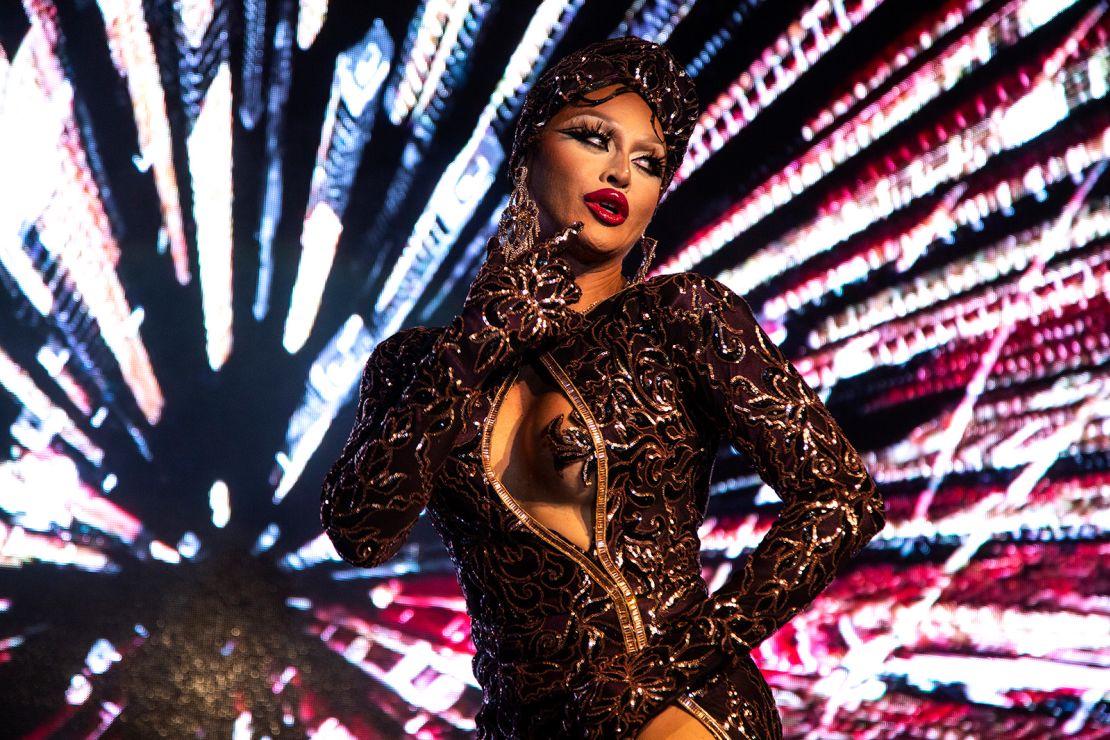
RuPaul later walked back his comments, and the series has seen several trans contestants since, including Season 15 winner Sasha Colby. Many “Drag Race” cast members have graduated to appearances on Broadway, sold-out tours and recording careers. But “Drag Race” has also skewed viewers’ definition of drag — no drag kings have ever competed on the series, Testa noted, and the judges have long imposed somewhat traditional beauty standards upon contestants.
Drag performers say it will survive
Drag’s growing popularity hasn’t come without challenges.
In recent years, several states introduced legislation that would impact where and when drag could be performed. Most bills that explicitly target drag were killed in state legislatures, and federal judges have since blocked two drag-specific laws that were passed, in Tennessee and Montana, according to the Movement Advancement Project, an independent nonprofit that monitors anti-drag legislation among other issues.
Under Tennessee’s law, people who performed in drag in an area where children could see them could be charged with a misdemeanor or felony, and Montana’s law specifically banned drag performers from hosting storytimes at public libraries. States have continued to introduce legislation to restrict drag, though most of these efforts fail.
But some states have enacted laws that place broader restrictions on “adult performances,” an expansive term used to describe acts that could be considered lewd or sexual, under which drag could fall.
Still, the legislative attempts to restrict drag have taken LGBTQ researchers and performers by surprise. But Jeffreys said they shouldn’t be shocked.
“As soon as anything gets that level of visibility, there’s going to be pushback,” he noted.
Drag performers and scholars said they believe drag is being scapegoated as a distraction from serious issues in the US, including gun violence, poverty and institutional racism, all of which disproportionately impact LGBTQ people, particularly Black trans women.
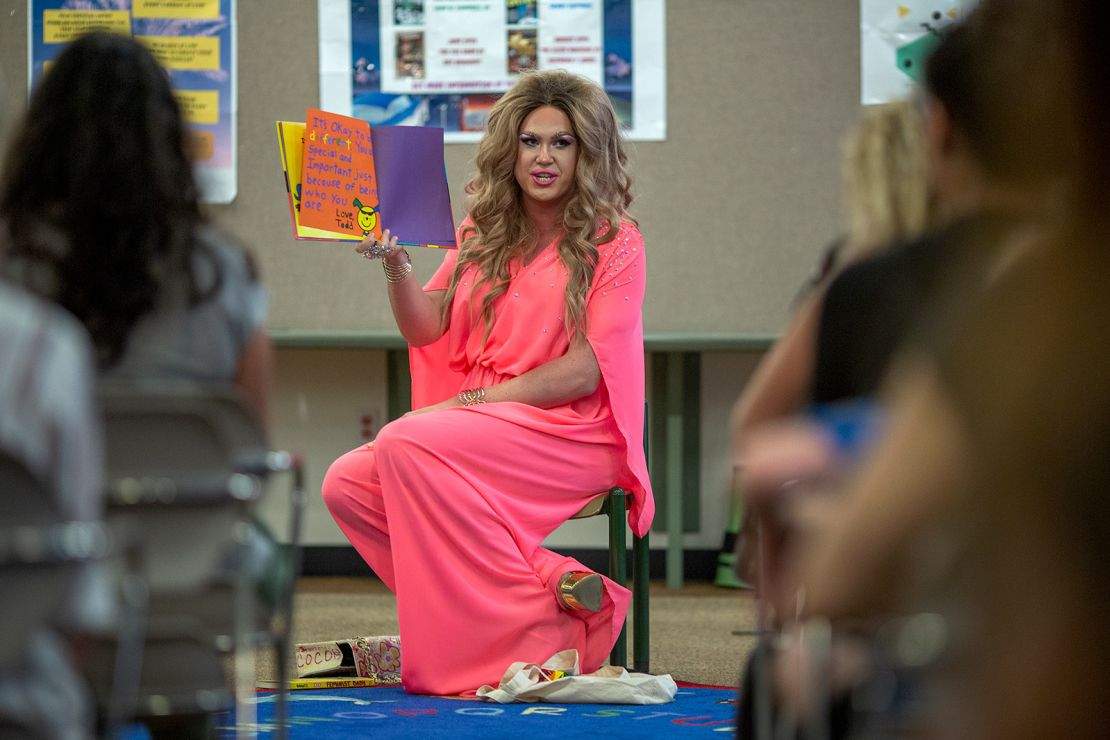
Though the bills that aim to limit drag performances in public have mostly failed, advocates fear that the bills have added further scrutiny and harm to trans people who are not drag performers. Antheus said that if police interpret the law to apply to trans people wearing gender-affirming dress in public, they could potentially criminalize trans people’s very existence.
The rights of trans people have already come under attack in more than half of US states, many of which have introduced bills that would restrict trans young people from receiving gender-affirming health care or from participating in a sport alongside their same-gender peers.
There’s no evidence that exposure to drag “harms” children, as many conservative lawmakers and drag ban supporters claim, Testa said. These lawmakers falsely claim that drag performers “groom” or sexualize children, of which there is also no evidence. Drag acts containing sexual innuendos and adult themes take place in age-restricted bars or at events children aren’t allowed to attend or that require parental consent.
What drag does do is expose people of all ages to alternative ways of thinking about gender and sexuality, La Fountain-Stokes said, and encourages spectators to consider their own identities more critically.
“Queer people have always found creative ways to resist the violence of their experience and norms that have tried to restrict our ability to live freely in the world,” Testa said. “Drag is a process of that resistance. These communities formed as a response to harassment, exclusion and violence. I’m hopeful in the sense that we’ve done this before — we never stopped doing it.”
Drag has survived for as long as it has because it’s always been a vessel for expression for queer and trans people who’ve had to carve their own paths. It’s why Alaska Thunderf**k, the blonde bouffanted winner of the second season of “RuPaul’s Drag Race All Stars,” first got into drag – to make art that wasn’t bound by rules. That, she said in an email, and to have pure, unadulterated fun.
“The great thing about drag is that the second you think you’ve got it figured out, it changes and turns into something else,” Alaska wrote. “That’s why we’ll always survive.”
